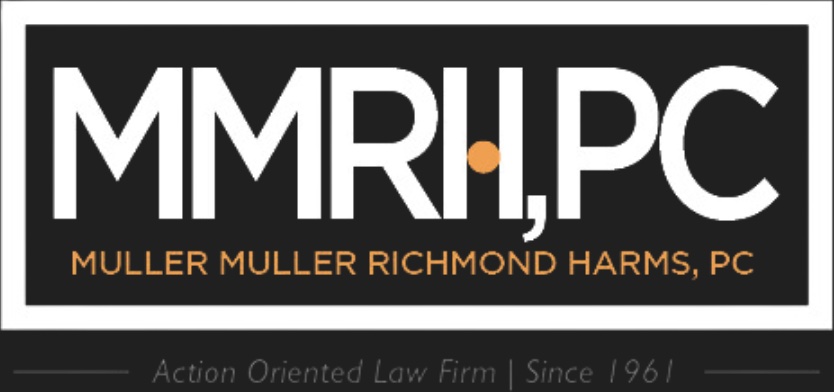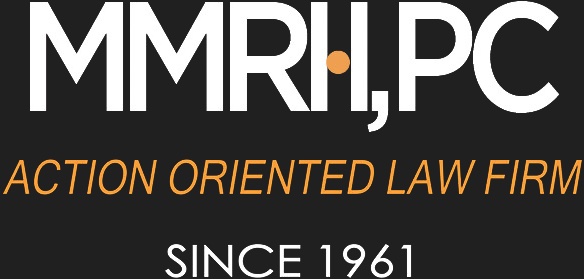Intro to Communicating Effective Reminders to Pay

How do you remind a debtor to pay without making them angry?
Where do you even start when it comes to communicating with a debtor?
Effective communication with debtors is hard work. It involves both the art of persuasion and a creative imagination. Think about it: who really wants to pay a debt? Obstinate debtors are a tough audience, yet your job is to persuade them to pay up. So how do you draw your debtor’s attention to your past-due bill and create the desired sense of urgency?
Your demand letter should convey in the clearest possible way that the bill must be paid. The initial demand letter should come across as a friendly reminder so you maintain customer goodwill, and at the same time help you get paid. Remember to make it easy for your debtor to reach you. Include the name and phone number or email address of a contact person at your company so any questions or comments can be easily raised by the debtor and quickly addressed by your company.
Demand letters should be personal; that is, they should be directed to a specific person and personally signed. Whenever possible, identify a person in the debtor’s company who has the authority to pay you, and send your letter directly to that person; sending letters to the wrong people doesn’t get you anywhere. If your demand letter looks like a form letter or isn’t directed to a real person, it will be treated like a form letter (thrown in the garbage). “To whom it may concern”? If your debtor doesn’t want to pay, nobody’s concerned (except you).
Take Care of Debtor Communication with Michigan Debt Collection Services
When you use our Michigan-based debt collection services, you don’t have to worry about doing all the communication yourself. We take care of it for you! To get started or ask questions, call (248) 645-2440 or submit a contact form here. We look forward to hearing from you!


